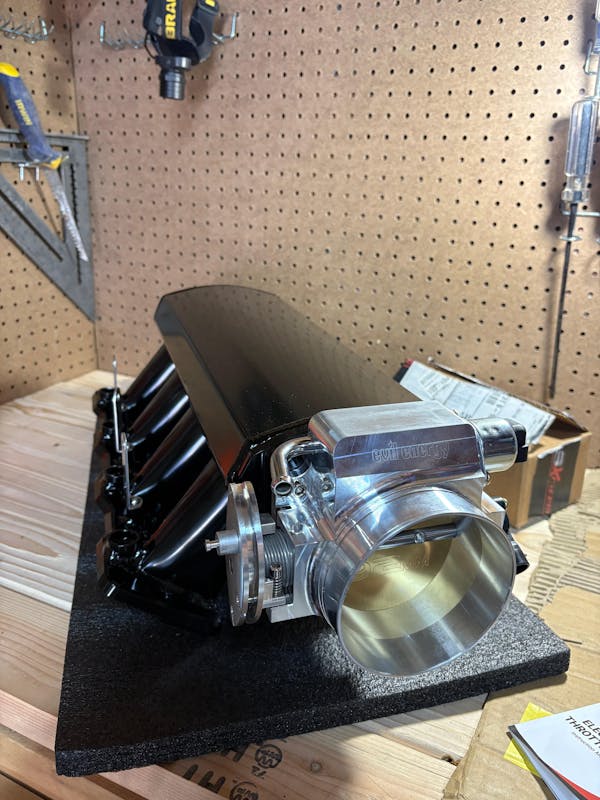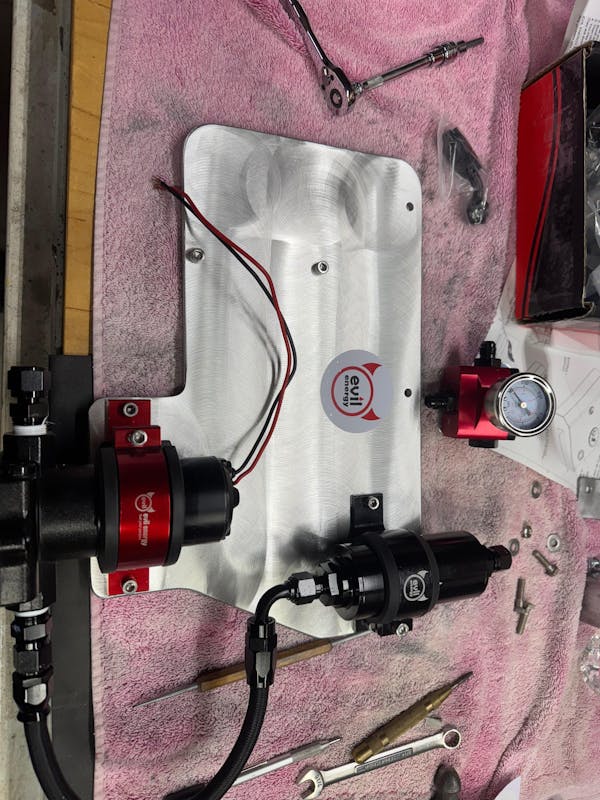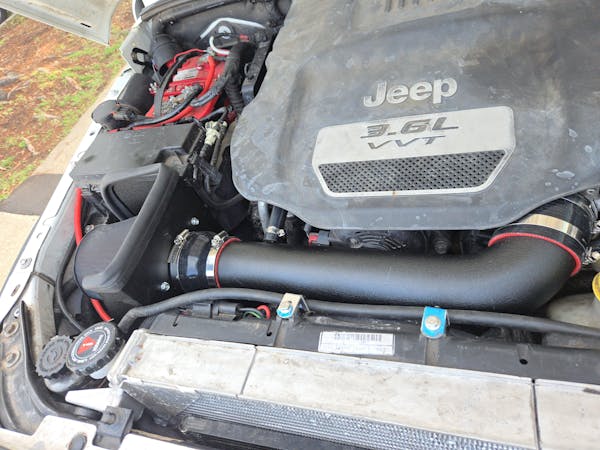How Does a Carburetor Work? Can the Right One Boost Your Performance?
When it comes to tuning your engine for optimal performance, understanding the role of the carburetor is critical. Though modern cars have switched to fuel injection systems, carburetors are still widely used in classic cars, high-performance builds, and racing applications due to their simplicity and tunability. This guide will walk you through the basics of carburetors, how they work, and how to choose the right carburetor replacement for your engine. Let’s dive in and explore the different types of car carburetors and why they matter for your engine’s performance.
What is a Car Carburetor?
A carburetor is a mechanical device that mixes air with fuel in the correct ratio for internal combustion engines. It plays a crucial role in the engine's performance by ensuring the optimal mixture of fuel and air for efficient combustion. While modern vehicles often use fuel injectors, carburetors are still found in older cars, motorcycles, and high-performance engines. If you're looking to upgrade your carburetor, options like the 600 CFM Square Bore Carburetor are ideal for general street performance.
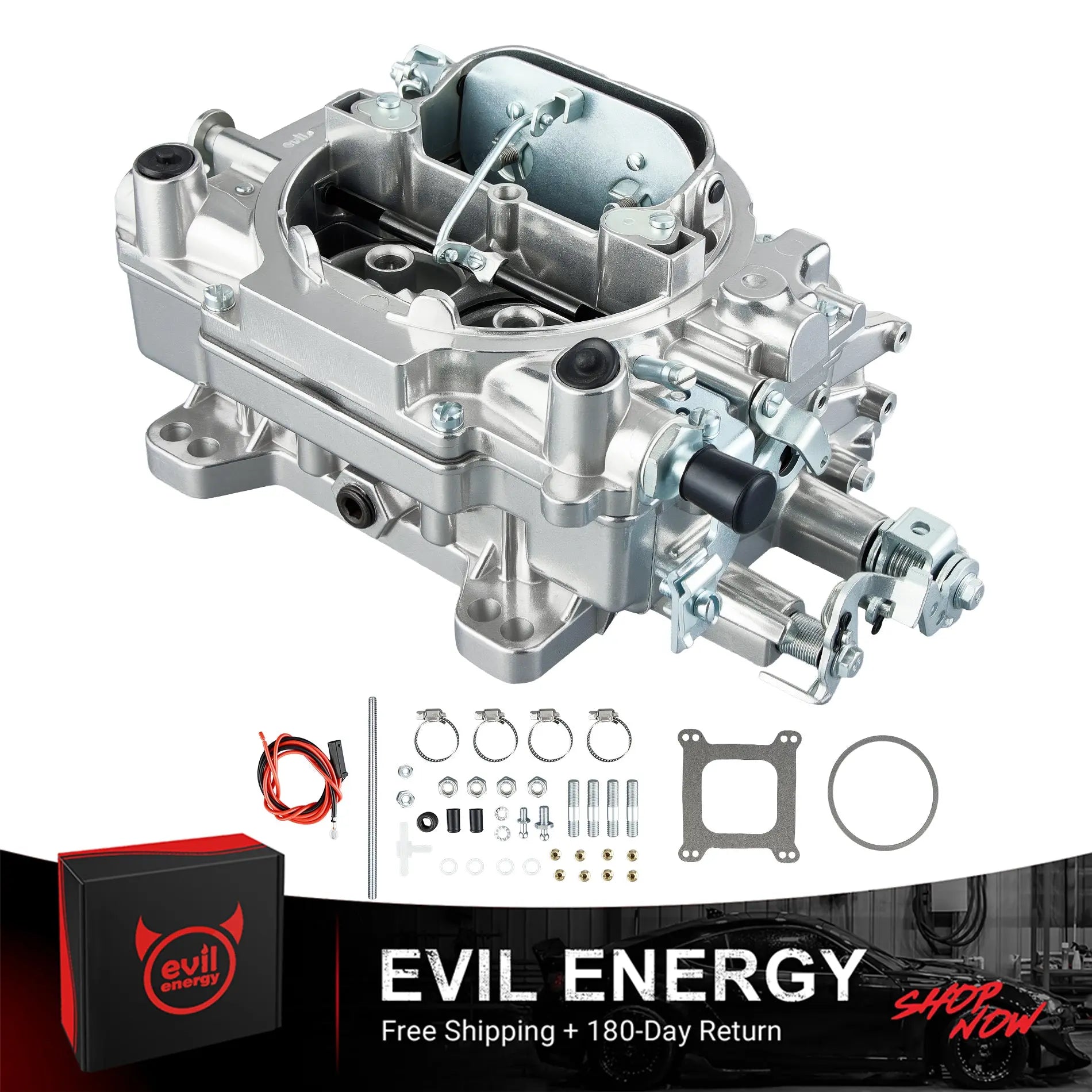
There are various types of carburetors, but the most commonly used ones in performance applications include 4 barrel carburetors, 2 barrel carburetors, and carburetors in different CFM (Cubic Feet per Minute) ratings, like the popular 600 CFM and 750 CFM carburetors.
How Does a Carburetor Work?
The basic operation of a carburetor involves drawing in air, mixing it with the right amount of fuel, and sending this mixture into the engine's cylinders. This mixture is vital for combustion to take place efficiently. Here's how the process works:
-
Air Intake: As the engine operates, air flows into the carburetor through the intake manifold.
-
Fuel Mixing: The carburetor draws fuel from the fuel tank, mixing it with the incoming air. The ratio of air to fuel is critical to engine performance. Too much air or fuel can result in poor engine operation.
-
Throttle Control: The throttle controls how much air and fuel mixture enters the engine, allowing you to accelerate or decelerate.
-
Delivery to the Engine: The mixture is delivered to the cylinders for combustion, powering the vehicle.
What Mods Can Be Done to a Car with a Carburetor?
When you want to push your engine’s performance, modifying your carburetor is a great place to start. One of the most common performance mods is upgrading to a 4 barrel carburetor. A 4 barrel carburetor can provide more airflow and fuel delivery, especially at higher RPMs. This is crucial for building performance vehicles like muscle cars or street machines.
Modifying a car with a carburetor can significantly improve performance, but it's important to choose the right modifications for your specific needs. Some popular mods for carbureted vehicles include:
-
Upgrading the Carburetor: Switching to a higher CFM carburetor can improve fuel and air delivery, especially for high-performance or modified engines.
-
Jetting: Changing the carburetor jets can help fine-tune the fuel mixture for better performance at different RPMs.
-
Air Intake Modifications: A high-performance air intake system can increase the airflow to the carburetor, allowing for a more efficient air-fuel mixture.
For example, upgrading to a 600 CFM Square Bore Carburetor like the 600 CFM Square Bore Carburetor 0-80457S or a 750 CFM Square Bore Carburetor such as the 750 CFM Square Bore Carburetor 1407 can help boost performance, especially in modified or performance engines.
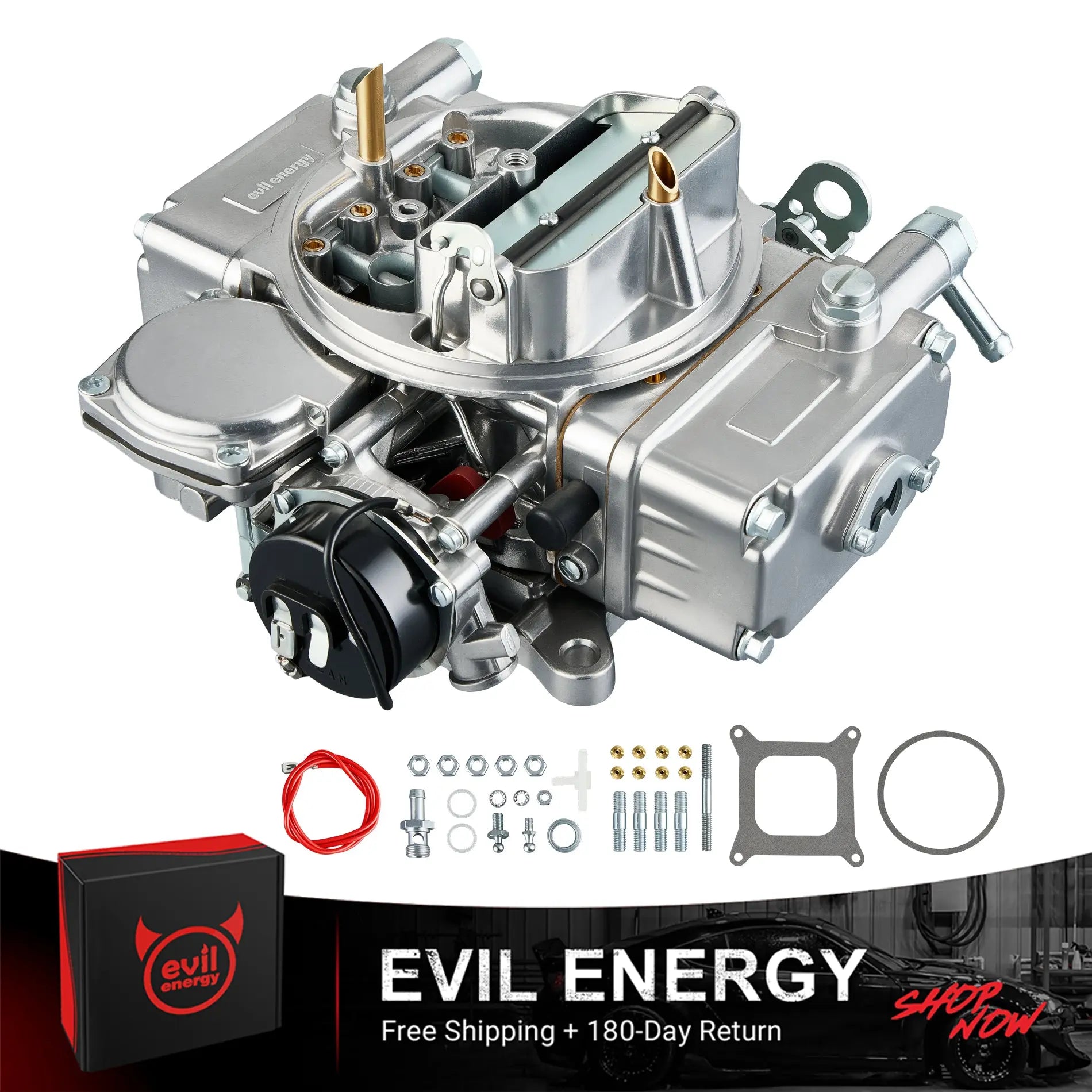
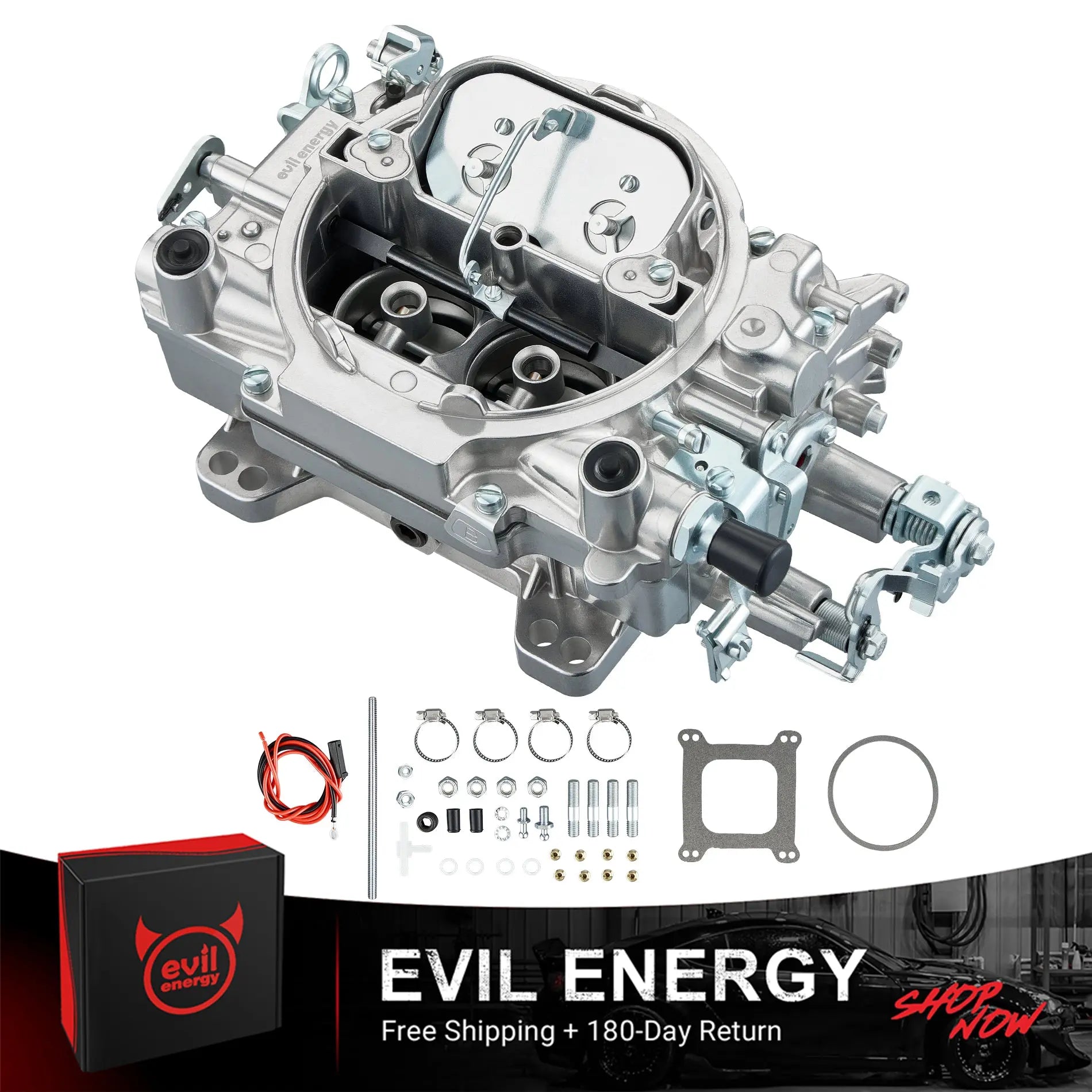
If you have a smaller engine or you’re looking for something that balances fuel economy with performance, a 2 barrel carburetor might be the right choice. The 350 CFM 2 Barrel Carburetor is perfect for street use and offers better drivability while maintaining fuel efficiency.

How Do People Choose a Replacement Carburetor?
Choosing a carburetor replacement can seem daunting, but there are several key factors to consider:
-
Engine Size: The size of your engine, usually measured in cubic inches, determines the ideal carburetor size. For example, a 600 CFM carburetor is ideal for smaller engines, while a 750 CFM carburetor works better for larger or more performance-oriented engines.
If you're looking for a well-rounded carburetor for moderate performance, consider the 600 CFM Square Bore Carburetor 1405.

-
Carburetor Style: There are two main types of carburetors—2 barrel and 4 barrel.
-
2 barrel carburetors are typically used in street cars and provide a more economical solution for general driving.
-
4 barrel carburetors, on the other hand, are designed for high-performance applications, offering better airflow at higher RPMs.

-
CFM Rating: The CFM rating (Cubic Feet per Minute) indicates how much air the carburetor can deliver to the engine.
-
Higher CFM ratings are necessary for larger, more powerful engines.
-
For example, a 750 CFM carburetor like the 750 CFM Square Bore Carburetor 1411 is ideal for performance engines.
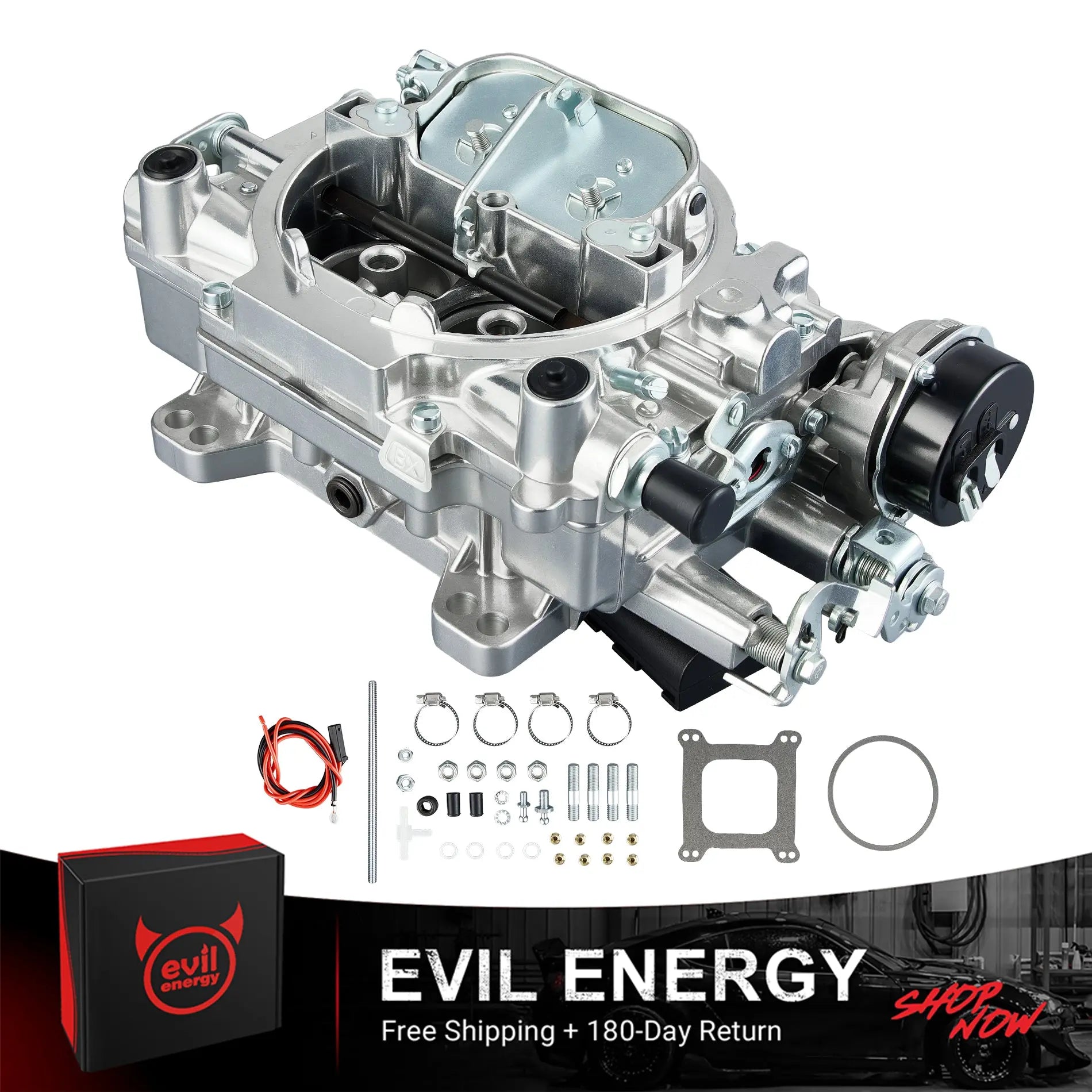
-
Fuel Efficiency vs. Power: Depending on your driving needs, you may prioritize fuel efficiency over maximum power or vice versa.
-
While performance carburetors like the 4 barrel carburetor provide more power, they tend to consume more fuel.
-
On the other hand, a 2 barrel carburetor might offer better fuel economy for everyday driving.
How Much Maintenance Is a Carburetor?
Carburetors require regular maintenance to ensure optimal performance. Some common maintenance tasks include:
-
Cleaning the Carburetor: Over time, dirt, dust, and fuel deposits can clog the carburetor. Regular cleaning is essential to maintain smooth operation.
-
Checking Fuel and Air Filters: Ensure the fuel filter and air filter are clean and free of debris, as these can impact carburetor performance.
-
Adjusting the Mixture: Sometimes, you may need to adjust the fuel-to-air ratio to optimize the engine’s performance, especially if you're running a high-performance carburetor like the 600 CFM Square Bore Carburetor 1406.
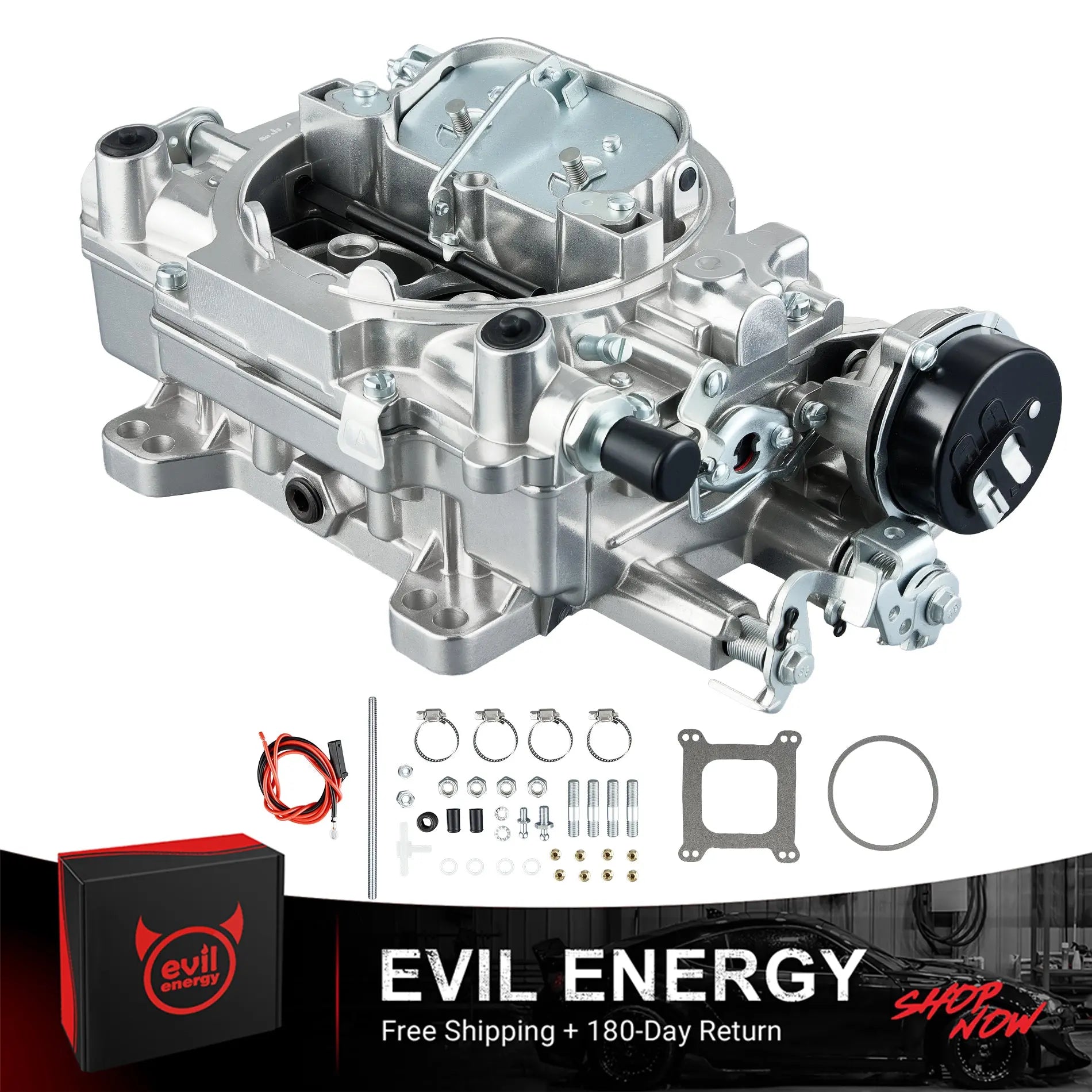
Why Do the 3 Types of Carburetors Matter for Your Engine's Performance?
The three main types of carburetors—Downdraft, Side-draft , and Updraft Carburetors—each serve different needs:
-
Downdraft Carburetors: The most common, they use gravity to assist fuel delivery. These are ideal for larger engines, particularly V8s, and are widely available in models like the 650 CFM Square Bore Carburetor 1905.
-
Side-draft Carburetors: Common in performance sports cars, they offer a compact layout and optimized airflow angles. These carburetors are great for handling high performance in tight spaces.
-
Updraft Carburetors: These older carburetors are used in vintage vehicles, agricultural engines, or classic cars, where their unique design still offers reliable performance.
Understanding which type of carburetor is best for your engine helps you optimize airflow and ensure your engine operates at its peak. For example, a 650 CFM carburetor like the 650 CFM Square Bore Carburetor BR-67255 is perfect for performance setups that demand more power.

Why Do Some Drivers Still Swear by Car Carburetors?
Carburetors are loved by enthusiasts for their simplicity, mechanical response, and customizability. Unlike modern fuel injection systems, which are more complex and sometimes harder to repair, carburetors provide hands-on tuning that creates a deeper connection between driver and machine.
Whether you’re restoring a classic car or building a performance vehicle, carburetors offer an unmatched level of control over your engine’s performance. Models from our best carburetor collection are built to deliver solid performance with the character that many drivers prefer.
Aren’t Car Carburetors Outdated? What Makes Them a Hassle for Some Drivers?
While carburetors are often considered outdated, they remain a staple for many car enthusiasts. However, they can be more difficult to tune and maintain compared to modern fuel injection systems. Some drivers also find that carburetors are less fuel-efficient, especially in stop-and-go traffic, leading to higher fuel consumption.
The Car Carburetors can feel outdated compared to modern fuel injection systems, and they come with a few challenges, such as:
-
Altitude sensitivity: Carburetors can struggle to adjust the air-fuel mixture at varying altitudes, requiring tuning adjustments.
-
Cold starts: Carburetors may require additional effort in colder climates, often leading to rough starts.
-
Frequent tuning: Carburetors need to be tuned more frequently than fuel injection systems.
However, upgraded carburetors like the 650 CFM Carburetor BR-67255 offer improved metering and adjustability, which address many of these challenges. With proper setup, carburetors can be just as dependable as EFI systems.
Is Replacing a Car Carburetor Really Worth It Today?
Replacing your carburetor can offer significant benefits, especially if you’re looking to revive a classic car or boost your engine's performance. If your engine feels sluggish, upgrading to a modern 500 CFM carburetor like the 500 CFM Square Bore Carburetor 1403 or a 600 CFM model like the 600 CFM Square Bore Carburetor 1406 can noticeably improve power delivery and fuel efficiency. Replacing an old carburetor is a cost-effective way to modernize your engine without switching to EFI.
Ready to Upgrade?
Whether you're restoring a classic ride or pushing your engine to new limits, the right carburetor can make all the difference. Explore our full carburetor collection and find your perfect fit today—from 2 barrel carburetors for daily drivers to 750 CFM performance carbs for track-ready builds.
By upgrading your carburetor, maintaining it properly, and understanding how it works, you can dramatically enhance your vehicle’s performance. Take the first step toward improving your engine's responsiveness and power by choosing the right carburetor replacement today!
❓ FAQs
1. What does a carburetor do in a car?
A carburetor mixes air and fuel in the correct ratio before sending it into the engine for combustion. It plays a key role in engine performance, throttle response, and fuel efficiency.
2. How do I know if I need a carburetor replacement?
Signs that you may need a carburetor replacement include poor acceleration, black smoke, engine stalling, or starting issues. Replacing it with a modern unit like the 600 CFM Carburetor 1405 can restore performance and reliability.
3. What is the difference between a 2 barrel and a 4 barrel carburetor?
A 2 barrel carburetor features two venturi barrels and is ideal for daily driving and fuel economy. A 4 barrel carburetor has two primary and two secondary barrels, allowing for greater airflow and fuel delivery at high RPM—ideal for performance builds.
4. Which is the best carburetor for my small-block engine?
For most small-block engines, a 600 CFM carburetor offers the best balance of power and fuel economy. The 600 CFM Square Bore Carburetor 0-80457S is a top pick for street performance.
5. How often should I clean or service my carburetor?
It’s best to inspect and clean your carburetor every 6,000 to 10,000 miles, especially under heavy use. Maintenance helps avoid fuel delivery issues, clogs, and keeps your engine running smoothly.
6. Is a 750 CFM carburetor too big for my engine?
A 750 CFM carburetor is suitable for large-displacement engines or high-performance applications. For smaller or street-driven engines, a 500–600 CFM carburetor is often more appropriate.
7. Can I install a new carburetor myself?
Yes, many DIYers can install a carburetor with basic tools and a proper guide. However, tuning the air-fuel mixture and idle speed may require some mechanical experience or professional help.
8. Do carburetors work well in modern driving conditions?
While carburetors are not as adaptive or fuel-efficient as modern EFI systems, they remain dependable in classic cars, off-road builds, and racing setups—especially when tuned correctly with models like the 750 CFM Square Bore Carburetor 1407.
More about Carburetor
Explore More with EVIL ENERGY
Subscribe to Our Newsletter
Join the EVIL ENERGY community and stay informed:
- Dive into discussions about performance upgrades, tuning insights, and product knowledge
- Get early access to exclusive offers, limited-time promotions, and new product launches
Follow Us on Social Media
There's more to EVIL ENERGY than just the Carburetor. Step into a dynamic world of motorsports, builds, and behind-the-scenes action:
- Catch event highlights, real-world installs, and product releases
- Discover creative builds, community tips, and the culture that drives our passion
Follow EVIL ENERGY here
-
TikTok: @evil_energy_autoparts
-
YouTube: @ievilenergy
-
Instagram: @evil_energy_autoparts
-
Facebook: EvilEnergyRacing


![[20FT] EVIL ENERGY PTFE Fuel Line Kit, complete black hose & fittings set, 180-day return](http://www.ievilenergy.com/cdn/shop/files/Test-2025-Evilenergy-125598065_165x.png?v=1742144807)
![[16FT] EVIL ENERGY PTFE Fuel Line Kit, black braided hose, fittings, free shipping & return](http://www.ievilenergy.com/cdn/shop/files/Test-2025-Evilenergy-125598171_165x.png?v=1742144807)
![CPE Fuel Line[25FT]](http://www.ievilenergy.com/cdn/shop/files/25FTCPE_FuelLine_165x.png?v=1735220649)
![CPE Fuel Line[20FT]](http://www.ievilenergy.com/cdn/shop/files/20FTCPE_FuelLine_165x.png?v=1735220649)









